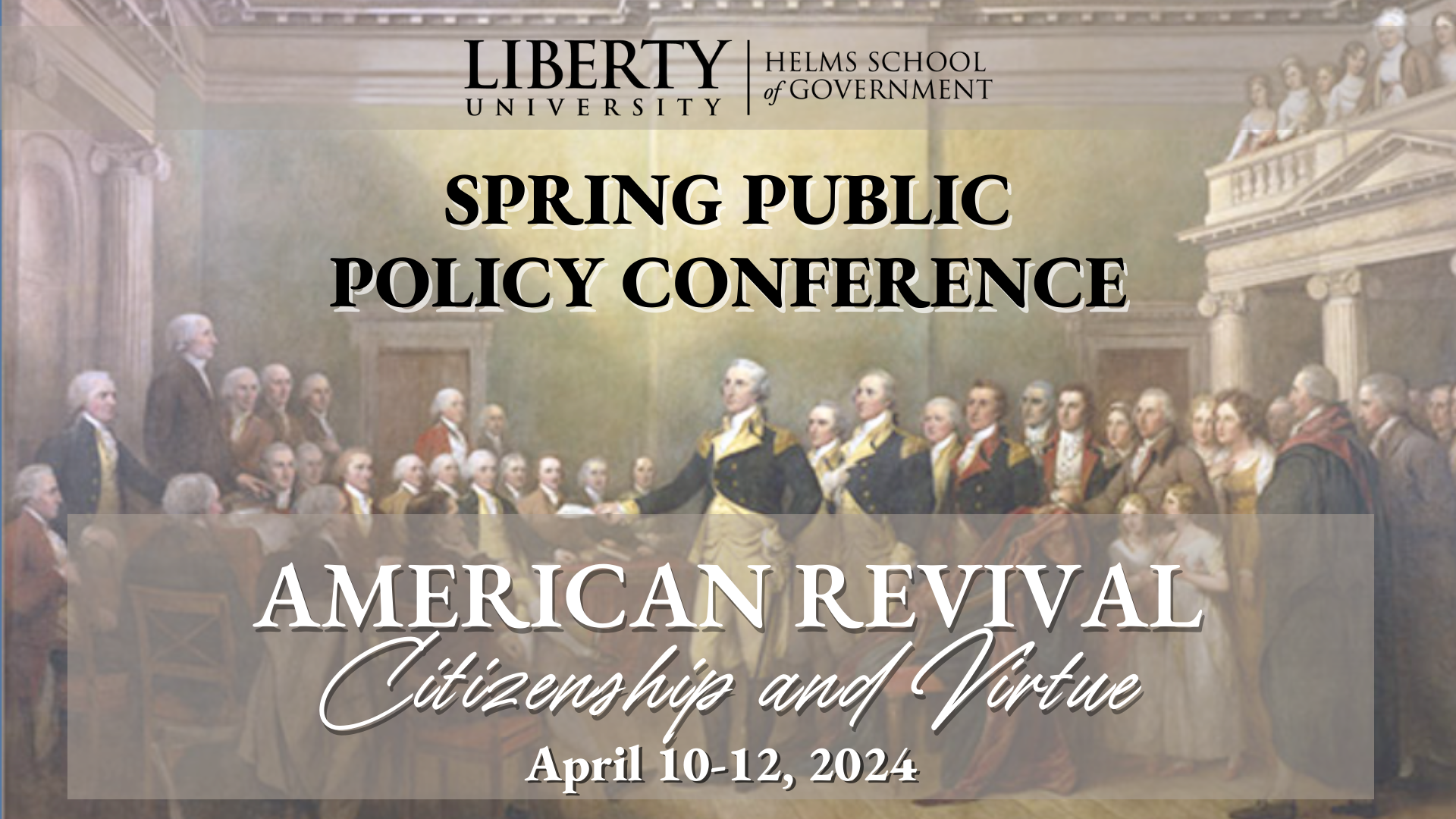Location
Cultural & Social Challenges
Level of Education
Undergraduate
Keywords
John Locke, English Heritage, American Founding, Founding Fathers, Individual Rights, Positive Rights, Negative Rights
Presenter Names and Speeches.
Jason Chahyadi, main presenter.
Abstract
This paper compares the American Founders’ theory of individual highlights and the current American fascination with enshrining positive rights into law. I begin my examination by analyzing the inspirations for both the Founding Theory of Rights and the Modern Theory of Rights, specifically the political theory of Locke and the Founders, the English tradition that the Founders embraced, and the structural details of the Constitution. After examining the roots of both theories of rights, I look at whether the two camps of thought can co-exist or are in conflict with each other. I conclude that while there may be a surface-level textual support for positive rights, when read in the proper context, the Founding Theory of Rights cannot be reconciled with the Modern Theory of Rights.
Included in
Divergence or Destiny?: Comparing the Modern Conception of Positive Rights to the Founders’ Conception of Individual Rights
Cultural & Social Challenges
This paper compares the American Founders’ theory of individual highlights and the current American fascination with enshrining positive rights into law. I begin my examination by analyzing the inspirations for both the Founding Theory of Rights and the Modern Theory of Rights, specifically the political theory of Locke and the Founders, the English tradition that the Founders embraced, and the structural details of the Constitution. After examining the roots of both theories of rights, I look at whether the two camps of thought can co-exist or are in conflict with each other. I conclude that while there may be a surface-level textual support for positive rights, when read in the proper context, the Founding Theory of Rights cannot be reconciled with the Modern Theory of Rights.



